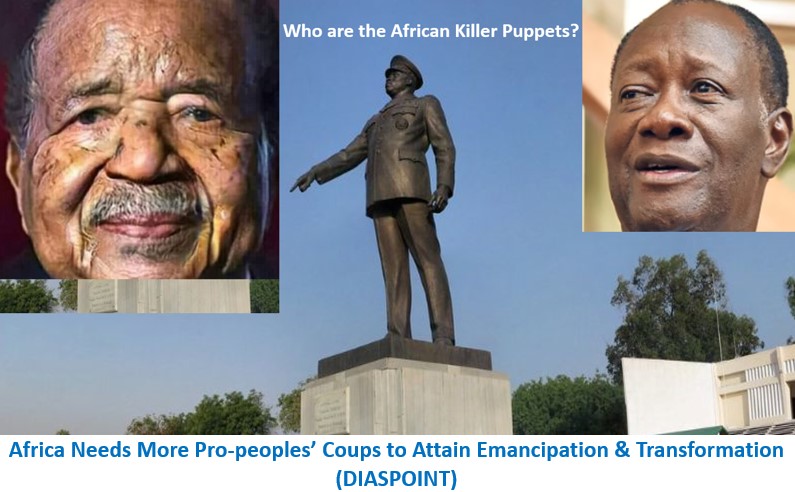Wave of Coups in Françafrique: Is Africa’s Oldest Autocracy Next?
Post By Diaspoint | September 30, 2023

With widespread insecurity, escalating public discontent, an absence of the rule of law, pervasive poverty, and frail state institutions, Togo is ripe for a coup
In the wake of a series of coups that have jolted Africa, speculation about which nation will follow is rife. The pioneer of coups in Africa, Togo frequently emerges as a prime candidate in these conjectures.
The country’s 1963 coup was the first on the continent under the leadership of Gnassingbé Eyadéma. In 1967, Eyadéma orchestrated another coup and held on to power for the next 38 years. Following his demise in 2005, Eyadéma was succeeded by his son Faure Gnassingbé, who orchestrated his own coup before subsequently holding contested elections that resulted in at least 400 deaths, according to a UN report.
Togo’s vulnerability to military coups stems from its colonial past and its long history of autocratic rule. The country also faces the same socio-political turmoil that has precipitated regime change in other African nations. One of Africa’s poorest countries, with a struggling economy, Togo is also grappling with escalating terrorism, especially in the northern region bordering coup-prone Burkina Faso.
The current semblance of stability in Togo can be attributed to its robust militarisation. While a number of African nations have transitioned peacefully to democratic governance, Togo’s regime has craftily manipulated global perception by positioning Gnassingbé Eyadéma’s non-military son, Faure, at the helm, ensuring the perpetuation of his father’s authoritarian legacy. Faure Gnassingbé’s journey to the presidency defies the archetypal dictator narrative. Educated in military schools during his formative years, he pursued higher studies in economics at the University of Paris Dauphine and an MBA from George Washington University in the US. His ascent in Togo’s political landscape has been swift, becoming Minister of Communication in 1998 under his father’s rule, then parliamentarian, Minister of Public Works, and ultimately president.
Read More from original source
